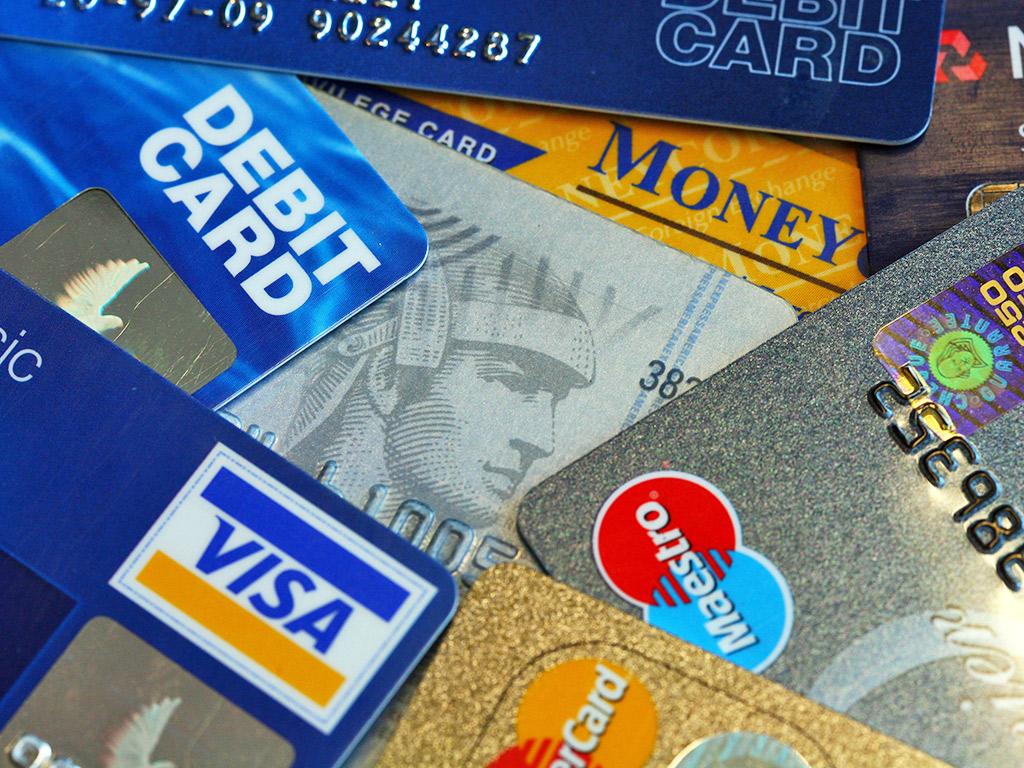'Rip-off' card surcharges to be 'consigned to history' from January 2018, Treasury announces
Extra fees of up to 20 per cent which companies levy on card payments for items such as flight tickets are to be banned

Rip-off surcharges on credit and debit card payments will be “consigned to history”, the Government announced on Wednesday.
The extra fees of up to 20 per cent which companies levy on card payments for items such as flight tickets are to be banned from the start of 2018.
Critics have argued that the charges, which often come as a surprise at the end of a transaction, make it difficult to compare prices from different providers and leave customers with little option but to pay up.
While many industries have acted to absorb the cost and not pass these on to consumers, the Treasury said the new rules will end the “unfair” practice entirely. They will also apply to surcharging by local councils and government agencies such as the DVLA.
Businesses usually say the surcharge is to cover the cost of processing a card payment.
The total value of surcharges for debit and credit cards was an estimated £473m, according to Treasury figures.
The Government said it will talk to retailers to assess whether anything can be done to help them adapt to the change.
Consumer group Which? Has been leading the campaign against surprise card fees for six years. Gareth Shaw, Which? money expert, hailed the “long overdue” announcement.
"Previous action to protect consumers from excessive card surcharges has been difficult to enforce, leaving consumers paying over the odds just for paying by card, he said.
“These new rules will finally put an end to this unfair practice."
Guy Anker, managing editor of MoneySavingExpert.com, said the announcement was good news for millions of customers who have been “milked by companies who whack on unexpected charges at the end of the process”.
“With many feeling the squeeze in the cost of living, people shouldn’t be hit with unexpected fees,” Mr Anker said, adding that the change would make it easier for consumers to compare prices.
However, he warned that companies would spread out any costs related to the new policy among other customers, meaning that those paying in cash could see prices increase.
Economic Secretary to the Treasury, Stephen Barclay, said: "Rip-off charges have no place in a modern Britain.”
Join our commenting forum
Join thought-provoking conversations, follow other Independent readers and see their replies
Comments
Bookmark popover
Removed from bookmarks